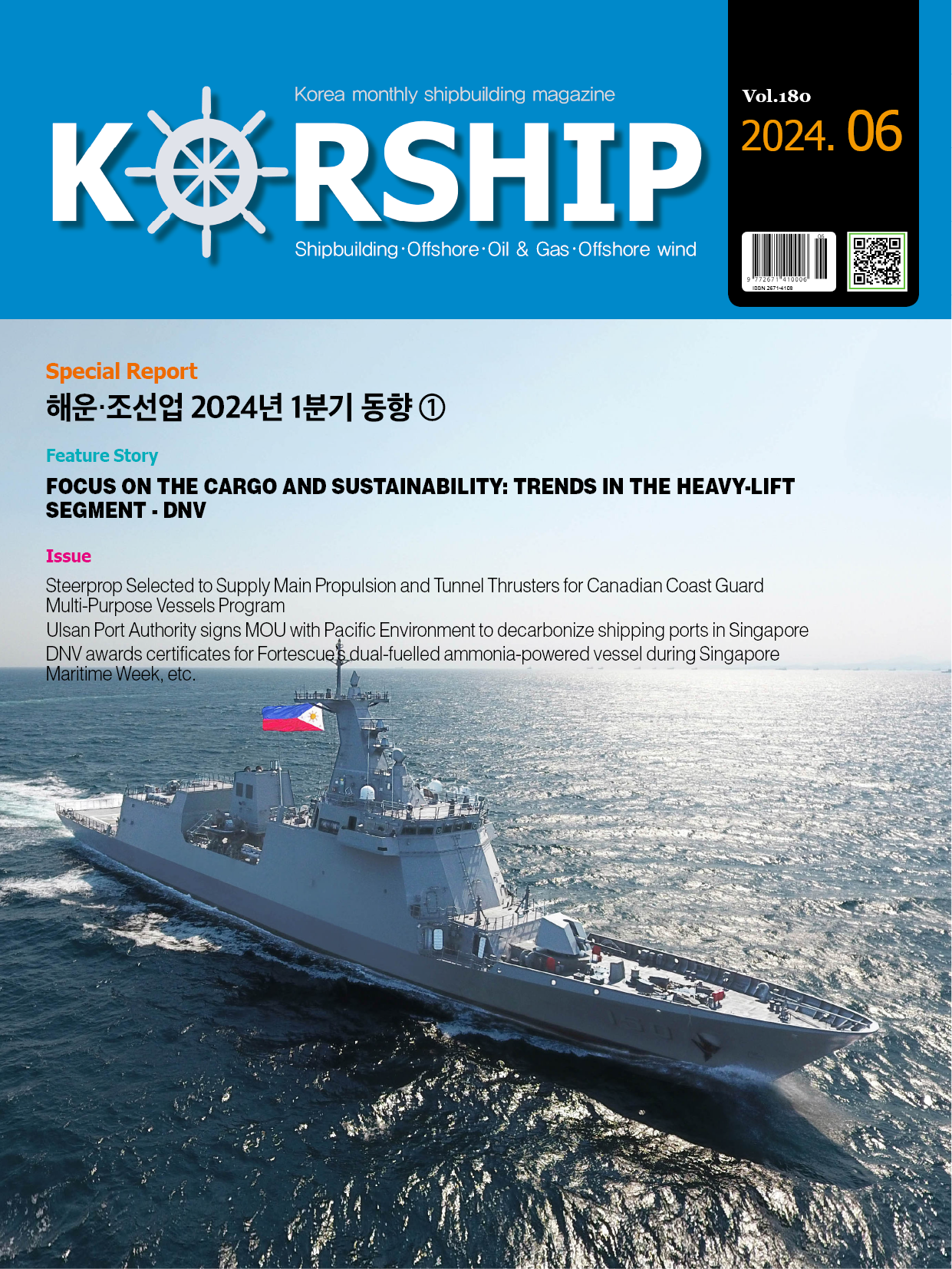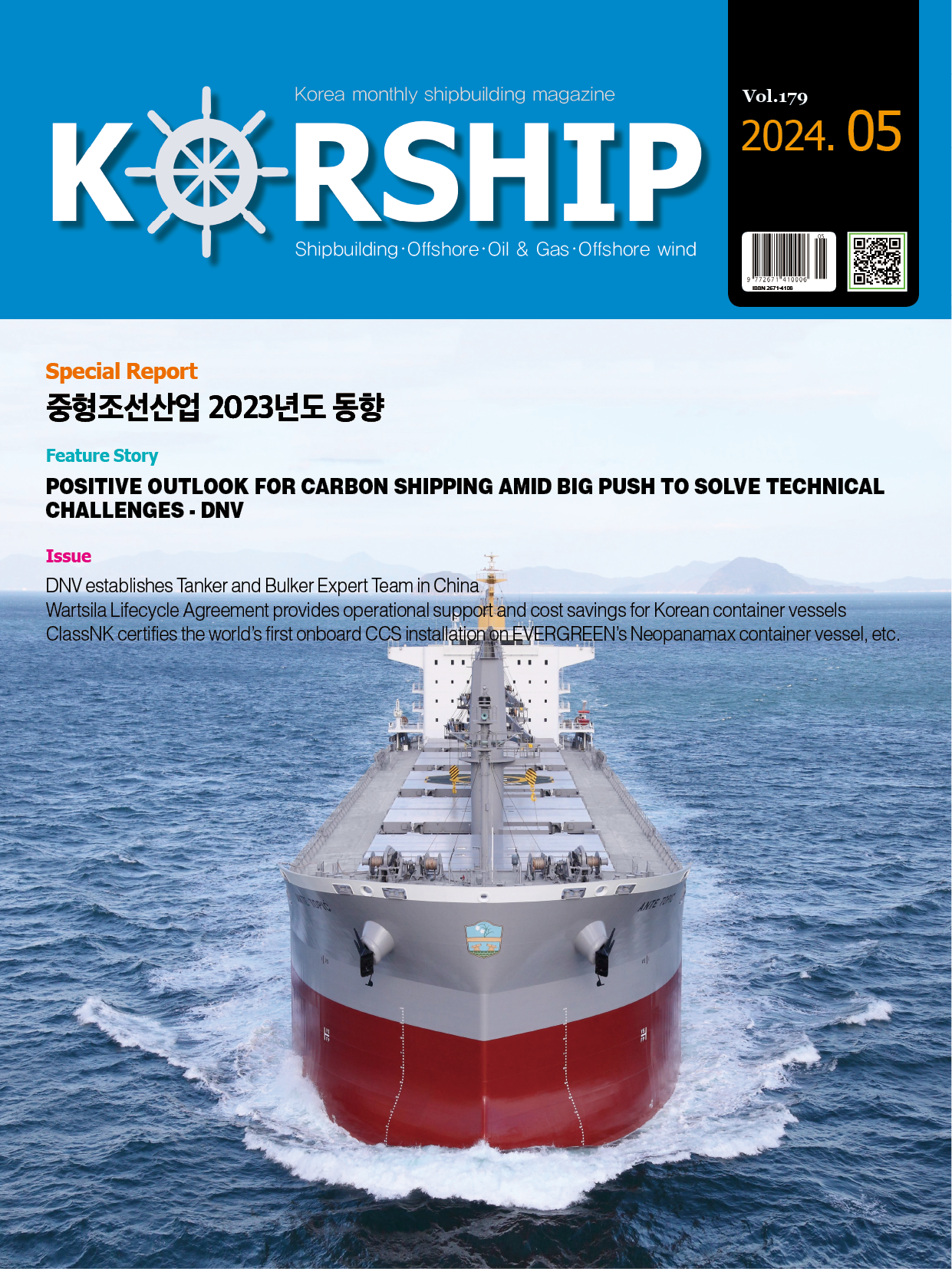Issue Sea Shepherd’s strategic use of connectivity in combating illegal fish…
페이지 정보
작성자 최고관리자 댓글 0건 조회 1,034회 작성일 24-04-16 12:59본문
Founded in 1977 as the Earthforce Environmental Society to tackle elephant poaching in Africa, Sea Shepherd moved into marine conservation with the acquisition of its first ship in 1978. Since then, the international non-profit organisation has engaged in a variety of activities focused on protecting ocean wildlife and ending the exploitation and destruction of marine ecosystems.
Crucial to Sea Shepherd’s mission is reliable, high-speed mobile satellite connectivity with global coverage. The organisation is a long-standing partner of Inmarsat Maritime, a Viasat business, with four of its nine current vessels subscribed to Fleet Xpress. This includes Allankay, a 55-metre-long former toothfish longliner deployed to Sea Shepherd’s latest campaign, Operation Antarctica Defence.
Thanks in part to Sea Shepherd’s efforts, whales are no longer being hunted in the Southern Ocean. However, they now face a new threat: the overfishing of krill, their primary food source. Through Operation Antarctica Defence, Sea Shepherd is shining a spotlight on the practice of krill fishing, which, while legal, is causing significant damage to Antarctica’s fragile ecosystem.
To highlight this previously unseen issue to an international audience, Allankay travelled to the remote waters of Antarctica, where it documented supertrawlers indiscriminately ploughing through pods of fin whales. With the images sparking global outrage and bringing calls for the krill-fishing industry to be shut down, Sea Shepherd’s ongoing efforts to raise awareness of this harmful practice are having an impact.
In Operation Antarctica Defence, as in other campaigns, the camera is Sea Shepherd’s weapon. Whether drawing attention to legal yet destructive activities or exposing illegal fishing practices that justify arrests, the ability to “catch vessels in the act” and quickly share photographic evidence is key, said David Wilson, Head of Fleet Communications, Sea Shepherd.
With the global coverage of Fleet Xpress, powered by Inmarsat’s Global Xpress Ka-band & ELERA L-band networks, Sea Shepherd maintains mission-critical connectivity even in remote and inhospitable locations like the Southern Ocean. The maritime connectivity service delivers the speed and reliability the organisation requires to report harmful and/or illegal practices from the scene.
Sea Shepherd also uses Fleet Xpress for video conferencing, with Wilson referring to a recent case in which the organisation’s Director of Campaigns, Peter Hammarstedt, virtually attended the World Ocean Summit & Expo 2023 in Lisbon, Portugal, from on board a vessel operating in Antarctica.
Inmarsat Maritime takes pride in facilitating the decarbonisation initiatives of some of the world’s leading shipping and offshore companies. Yet the rare opportunity to collaborate with non-profit organisations dedicated solely to environmental protection is a particular privilege.












